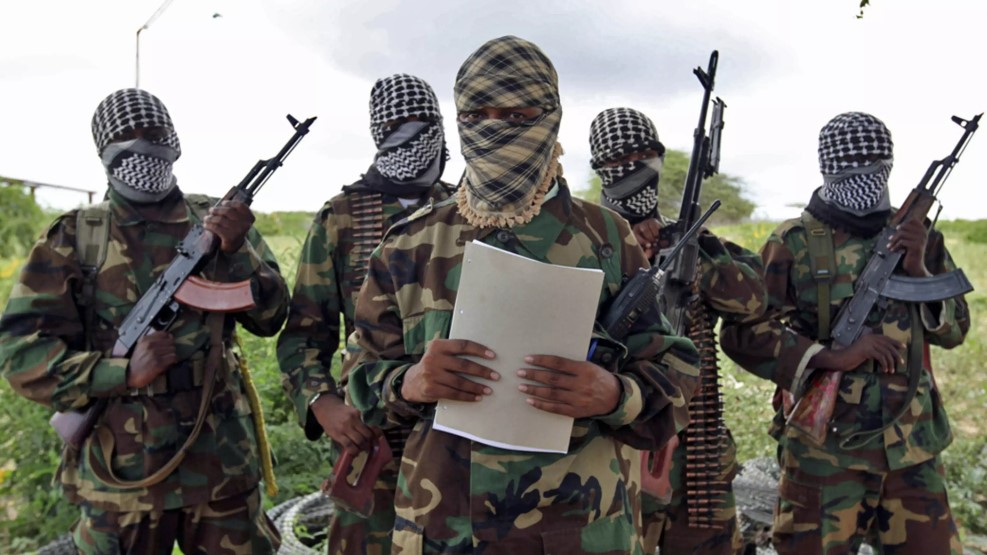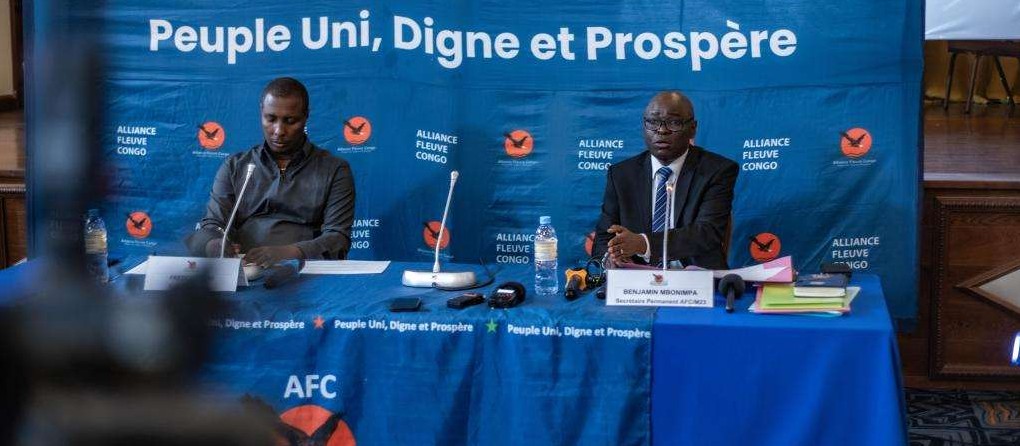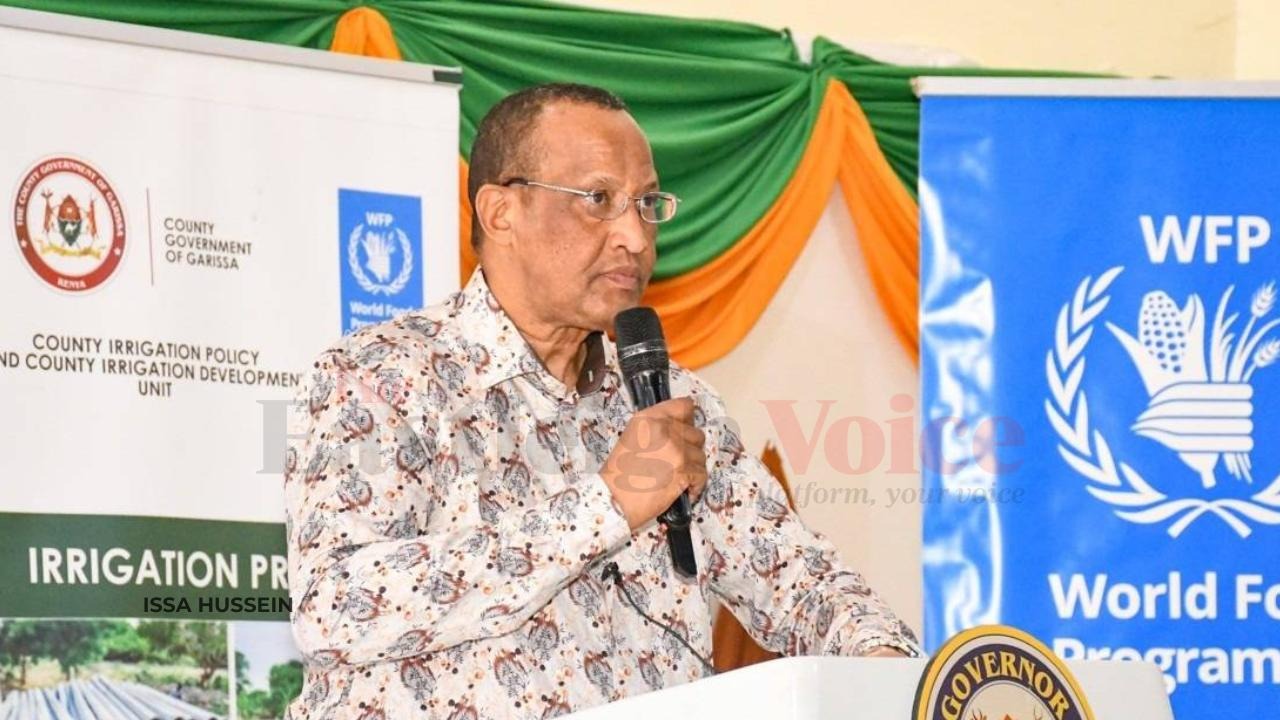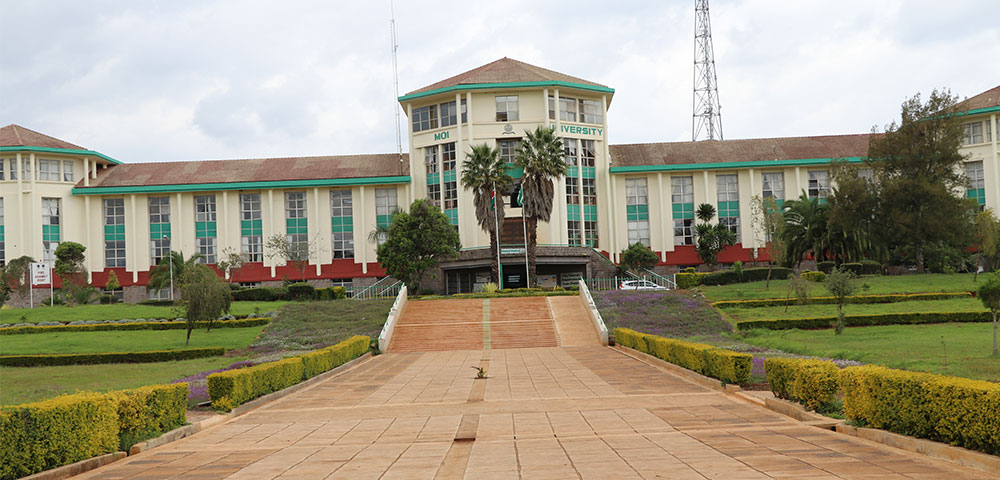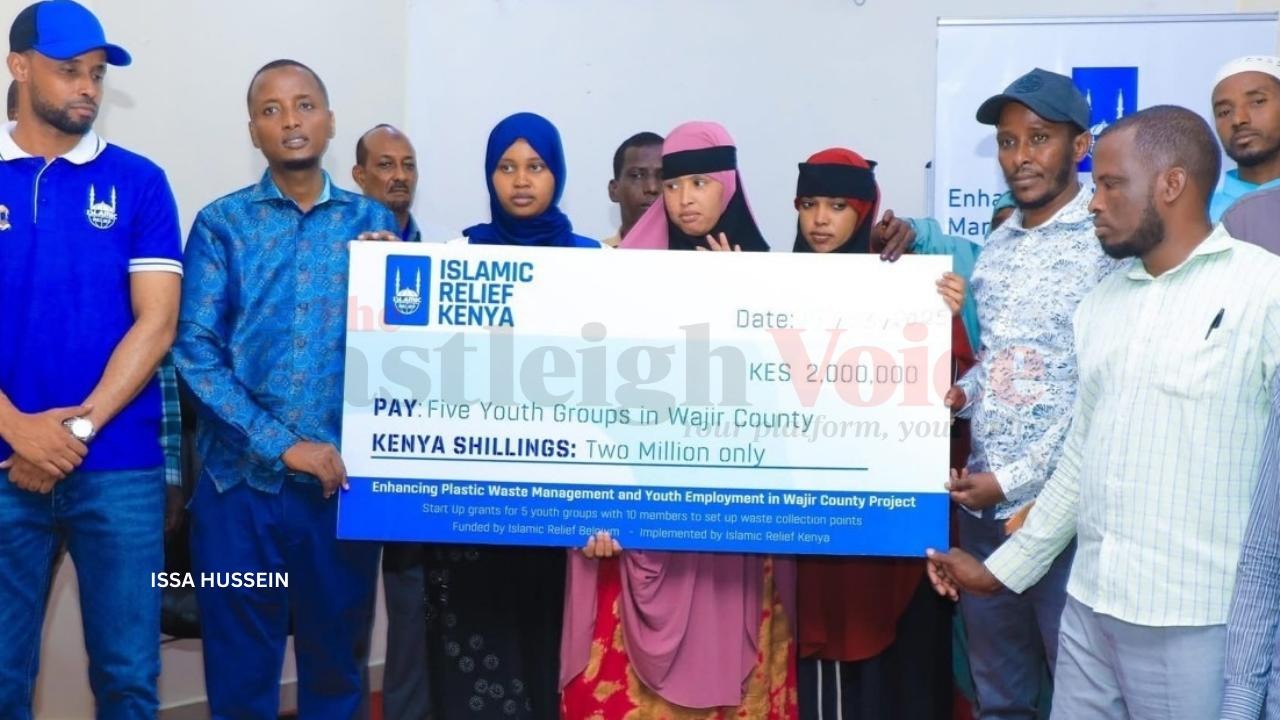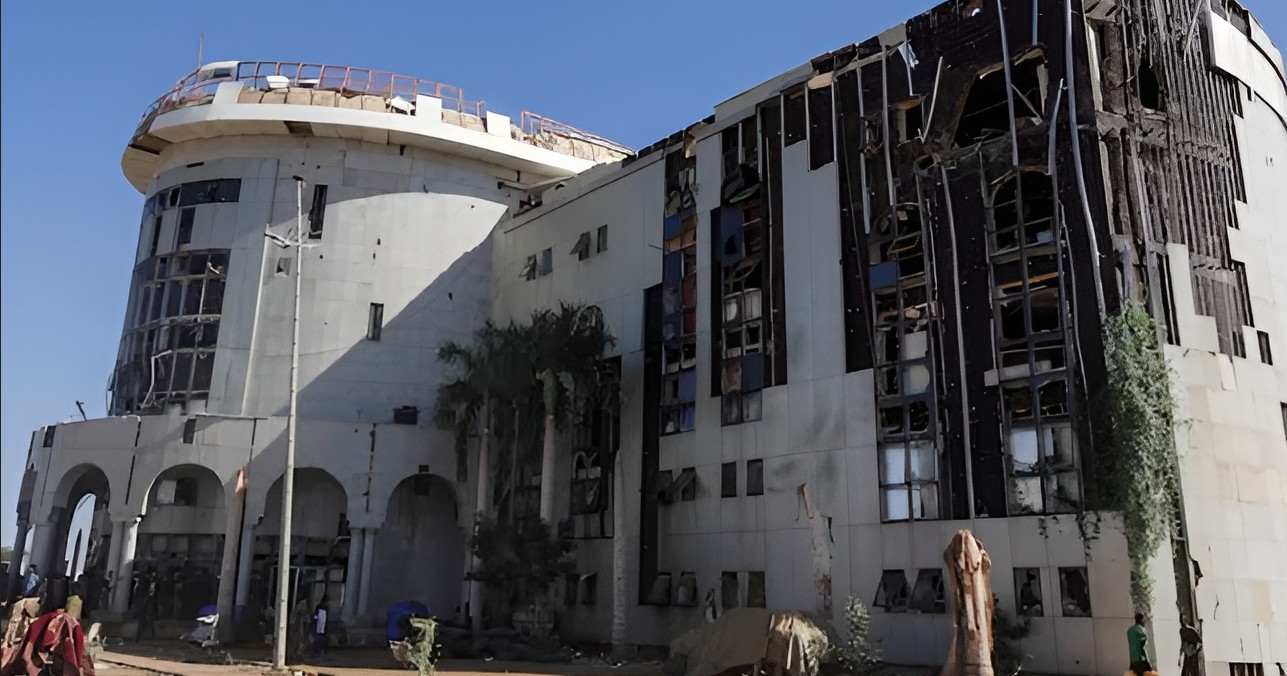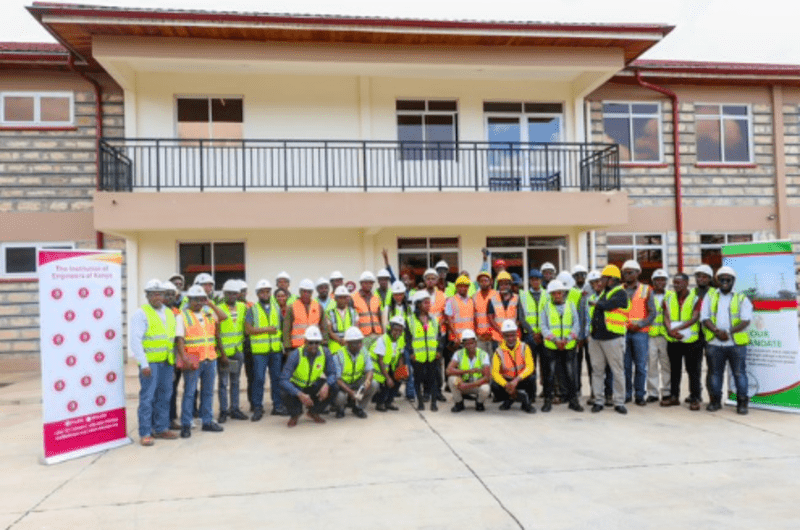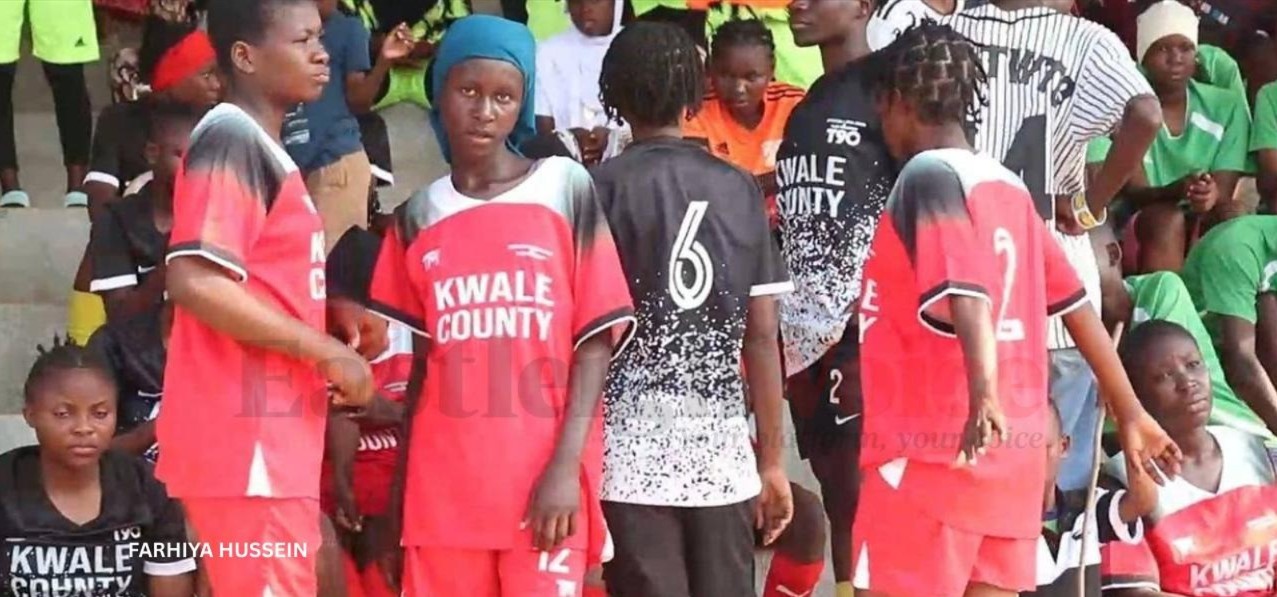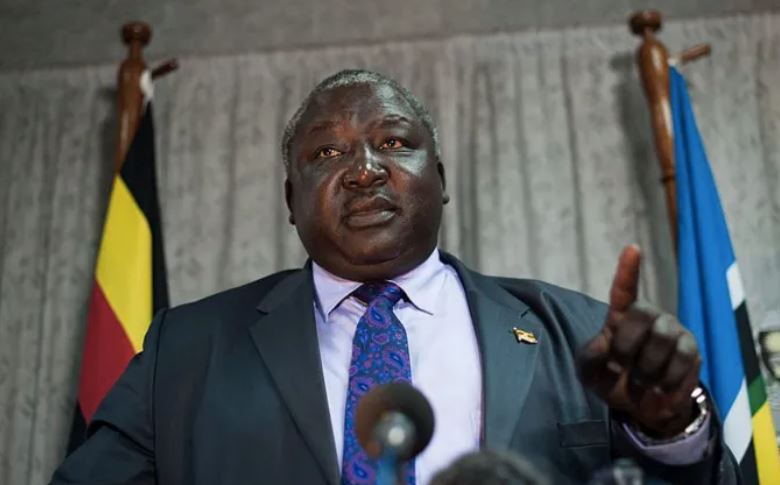Kenya tightens terrorism cases with mandatory terror-financing investigations

Kenya was specifically asked to step up investigations and prosecutions of money laundering and terror-financing cases, ensure that financial intelligence is effectively utilised, and scrutinise non-profit organisations to prevent them from being used to channel illicit funds.
Kenya has made it mandatory to open parallel terror-financing investigations alongside every terrorism case in a renewed effort to address concerns raised by the global money laundering and terror-financing watchdog, which placed the country on its grey list.
The Eastleigh Voice learned this on Wednesday during a recently concluded regional security meeting aimed at enhancing border security to deter and disrupt terrorist movement across the continent.
More To Read
- Drugs, gangs, and land disputes are major threats to Kenya’s security -CS Murkomen
- Women governors demand probe into child exploitation in Maai Mahiu
- Ethiopia sentences five people to death for human trafficking in landmark ruling
- Kenya launches five-day regional training for experts to tackle terrorism financing, money laundering
- IOM warns of global crisis as migrants, children forced into crime by traffickers
- We’ll seize property linked to alcohol and drug crimes, declares CS Murkomen
Under the new directive, every terror suspect arrested in Kenya will face a probe into possible terror financing in addition to investigations of the alleged terrorist act itself.
Kenya was grey-listed by the Financial Action Task Force (FATF) in February last year alongside Algeria, Angola, Côte d'Ivoire, Laos, Lebanon, Monaco, Namibia, Nepal, and Venezuela. The listing required the country to strengthen monitoring and take measures to close gaps to ensure compliance.
The meeting, which brought together experts from the security and justice sectors as well as multilateral agencies, highlighted how weak financial systems have facilitated terrorist activities in the region.
Money laundering
These vulnerabilities allow terrorists to move funds and enable money laundering through financial systems, including mobile money platforms and informal transfer networks.
Justice Diana Mochache emphasised the need for greater cooperation between states in sharing information on cross-border terrorist movements and financial transactions, noting that several past regional terror attacks involved cross-border planning and funding.
"These trends underscore the urgent need to strengthen border security to curb terrorism," she said.
Mr Dominic Mensah, head of the Anti-Human Trafficking Unit at Ghana’s Economic and Organised Crime Organisation (EOCO), pointed out that while terrorism is not currently active in Ghana, the country’s membership in the regional economic bloc ECOWAS—which operates an open border policy—could be exploited by criminals. He noted that proceeds from human trafficking could potentially be used to finance terrorism in neighbouring states.
"For now, there is no evidence of direct linkage that proceeds from human trafficking finance terrorism, but we have instances where someone was recruited to ISIS through online means," he said.
A United Nations Security Council Al Qaeda/Taliban Monitoring Team expert added that African member states have raised concerns about increased travel by foreign terrorist fighters (FTFs), returnees, and relocators, particularly to the Middle East and Africa, driven by conflicts at home and pressure from local authorities.
Border surveillance
As a result, member states are urged to increase surveillance of borders, transportation, and financial systems to prevent exploitation by terrorists.
Kenya was specifically asked to step up investigations and prosecutions of money laundering and terror-financing cases, ensure that financial intelligence is effectively utilised, and scrutinise non-profit organisations to prevent them from being used to channel illicit funds.
Efforts to close these gaps gained momentum last year with the introduction of the new Prevention of Terrorism Regulations, which allow for the freezing of suspected terrorist funds and assets without prior notice.
In the past year, the Financial Reporting Centre received 8,057 reports, including 5,454 suspicious transaction reports (STRs), 2,482 suspicious activity reports (SARs), and 114 suspicious transaction activity reports (STARs) from reporting institutions, plus seven reports from walk-ins and whistleblowers.
"This represents a 22 per cent increase compared to the previous year, when the Centre received 6,631 reports, with the banking sector maintaining its consistency as the primary source of STR/SAR/STAR reporting," the Financial Reporting Centre noted in its annual report.
The two-day meeting was held under the Nairobi Caucus, an African-led initiative designed to proactively anticipate and respond to evolving threats of terrorism and violent extremism through strengthened cross-regional collaboration.
Top Stories Today

